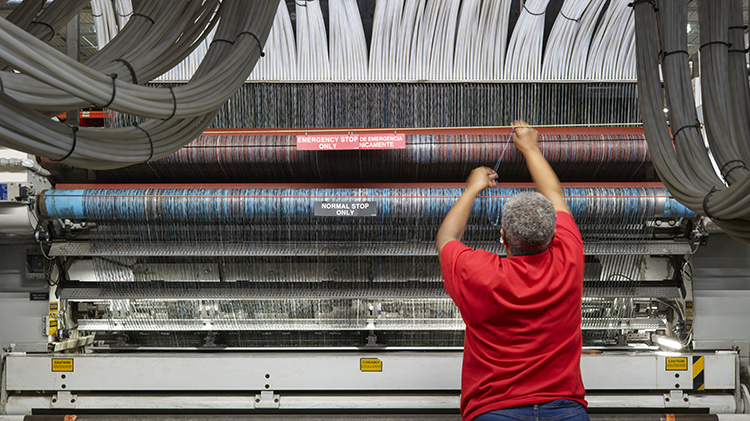Beyond Paris
Last December, delegates to the COP21 climate talk in Paris reached a significant turning point in the effort to limit carbon emissions. After a series of long, intense meetings, 196 countries unanimously agreed that global warming was a threat to humanity and to limit emissions so as not to exceed a 1.5°C global temperature rise.
Far to Go
But while the Paris agreement was a watershed moment with respect to addressing climate change, and represents a positive step forward, there was a notable flaw: No country came or left with a plan to achieve it. Countries offered voluntary reductions, dubbed Intended Nationally Determined Contributions (iNDC). But promises are not a plan.
This is not to demean the Paris agreement; if carried out, it will achieve larger cuts in emissions than any previous global agreement on climate. However, cuts can be compared to slowing down an out-of-control vehicle—there will be an eventual crash, just at a lower speed. The world needs to stop this car altogether. The world needs more than limitations. We need to not only stop emissions but to actively work to pull carbon from the atmosphere. We need to declare a new goal of active carbon drawdown.
Leading by Example
Several of us at Interface were in Paris, sharing our company’s story and advocating for adoption of the final agreement. For Interface, the Paris agreement is an affirmation of our own Mission Zero® and our efforts to reduce carbon in our business. We have achieved tremendous reductions over 22 years, with a call to action to do more and to continue to lead the way for businesses and others.
To date, our achievements include:
Reducing our global GHG emissions 92% since 1996
Using 84% renewable energy globally
Reducing the carbon footprint of our products 50% since 1997, with the goal of an 85% footprint reduction by 2020
Businesses must lead, and our efforts are an example that it’s possible to be successful while also drastically reducing carbon emissions.
What’s Next: From Negative to Positive
We’re proud of our accomplishments to date, and now it’s time to take the next steps in our sustainability journey this year: We’re making the shift from doing “no harm” to doing “more good.”
As we near our 2020 milestone and the end of Mission Zero looms, we’re still committed to reaching that zero footprint, but we’re looking beyond and committing to a bolder approach. We’ve realised that zero footprint—doing no harm—is no longer enough. In the context of carbon, it means not just to reduce carbon emissions, but to actively work to take carbon out of the atmosphere through our operations and our products. We need to “bring carbon home.”
Call to Action
To ensure a planet that will sustain the biological life we know and depend on, we will have to go beyond COP21 and begin to pull carbon from the environment. Interface has an opportunity to have a significant influence on how to change the conversation—and the action—around carbon. Given our acknowledged leadership and successful record, this change in world perception provides us the obligation to advocate more broadly and boldly our 2020 targets—and to go beyond.
Let’s remember the challenges we face as a planet. The seas are dying. Droughts and floods abound. Climate refugees are surging in number. Oceans are rising. These events and others will increase unless we are committed to reversing climate change. Interface is now committed to actions that will reverse the downward spiral of increasing atmospheric greenhouse gases in our factories, products and processes. This commitment is as yet unheard of in the world of business.
Like Mission Zero, we set audacious goals because they are the right thing to do. And if there was ever a moment in history where we are called to go above and beyond, it is now.
We cannot tackle our next challenge alone; it will require innovative thinking and collaboration from many of us, but we’re optimistic that we can make truly impactful change if we do it together.

































